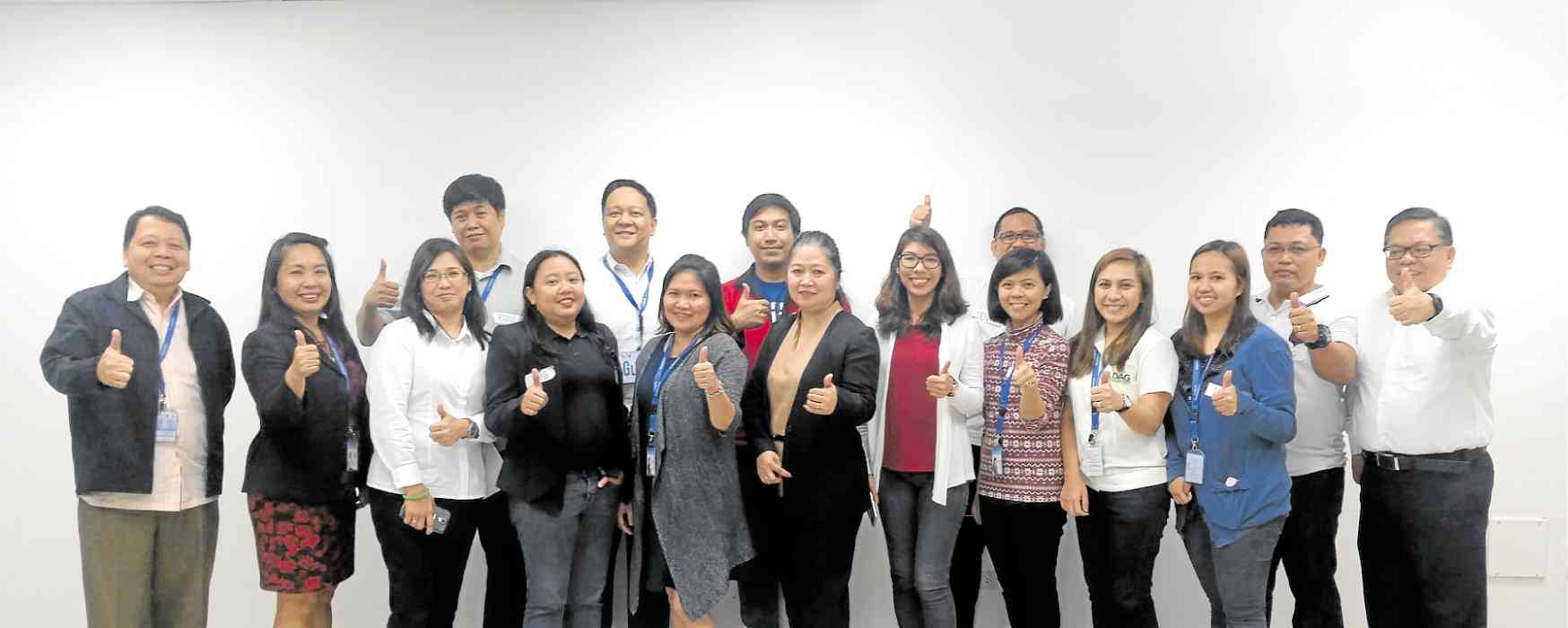Whenever younger professionals ask me what further studies they should take, I used to answer that it depends on their career goals. Ten years ago, I would have automatically responded that an MBA or master’s degree was essential.
These days, I no longer believe it’s as crucial as it was before.
To those who ask, I now respond that once you have decided on a career path, you should investigate what professional certifications are needed in your chosen field, and make sure you have them.
What has changed is that employers now prefer specific skill sets and qualifications—for example, project managers who are certified PMPs (project management professionals), financial analysts who are CFAs (chartered financial analysts) and so on.
Even certified public accountants (CPAs) require CPDs, or continuing professional development units.
Add to that the disruptive technologies of the past 10 years, and you’d realize that coding skills to develop an app are deemed more immediate and more relevant than, say, general management skills if you wish your company or brand to survive and thrive under a rapidly changing landscape.
‘Digital natives’
To be innovative in the next five years, training your employees to become “digital and programming natives” has become necessary.
Of course this doesn’t mean that general management skills are no longer important. Human resources and organization development experts still prefer line managers to further hone their management abilities.
The challenge, however, is the available time and budget. In the past, one could devote two years to earn an expensive master’s degree, and everyone would understand.
These days, continuing education through short courses have become a practical and convenient option for managers who want to keep working while also upgrading their skills. Without committing to a long time frame, people can now select which skills gap they would need to further develop, from specific subject areas to general soft skills.
Furthermore, the trend toward workshops—where participants undergo SLEs, or structured learning experiences, have proven more effective in ensuring retention of subject matter.
Short courses are thus the solution to a lot of continuing education requirements.
The Inquirer Academy (INQA) certainly recognizes this trend and offers professional courses open to the public and customized corporate training on various topics, among them communication, leadership, organizational development, sales and marketing, financial management, IT, operations management and courses for real estate practitioners. Working professionals are thus given easy access to effective, relevant and updated learning programs.
Summer courses
Summer finds INQA offering courses for kids and teens as well. Inspired by the Inquirer’s vision of empowering Filipinos, the Academy endeavors to educate and inform this generation for them to become a catalyst of change in society.
INQA takes pride in having a pool of course designers and facilitators who are experts in their field and backed by a wealth of experience in various industries.
The Academy’s public courses are conducted in Makati City and Cebu City, although organizations can request customized programs specific to their learning needs which can be conducted anywhere in the country.
(The author is the executive director of Inquirer Academy.)
The Inquirer Academy is located at 4168 Don Chino Roces Avenue corner Ponte Street, Makati City.
Check out the list of courses currently being offered by the Inquirer Academy
COURSES OFFERED AT INQUIRER ACADEMY
